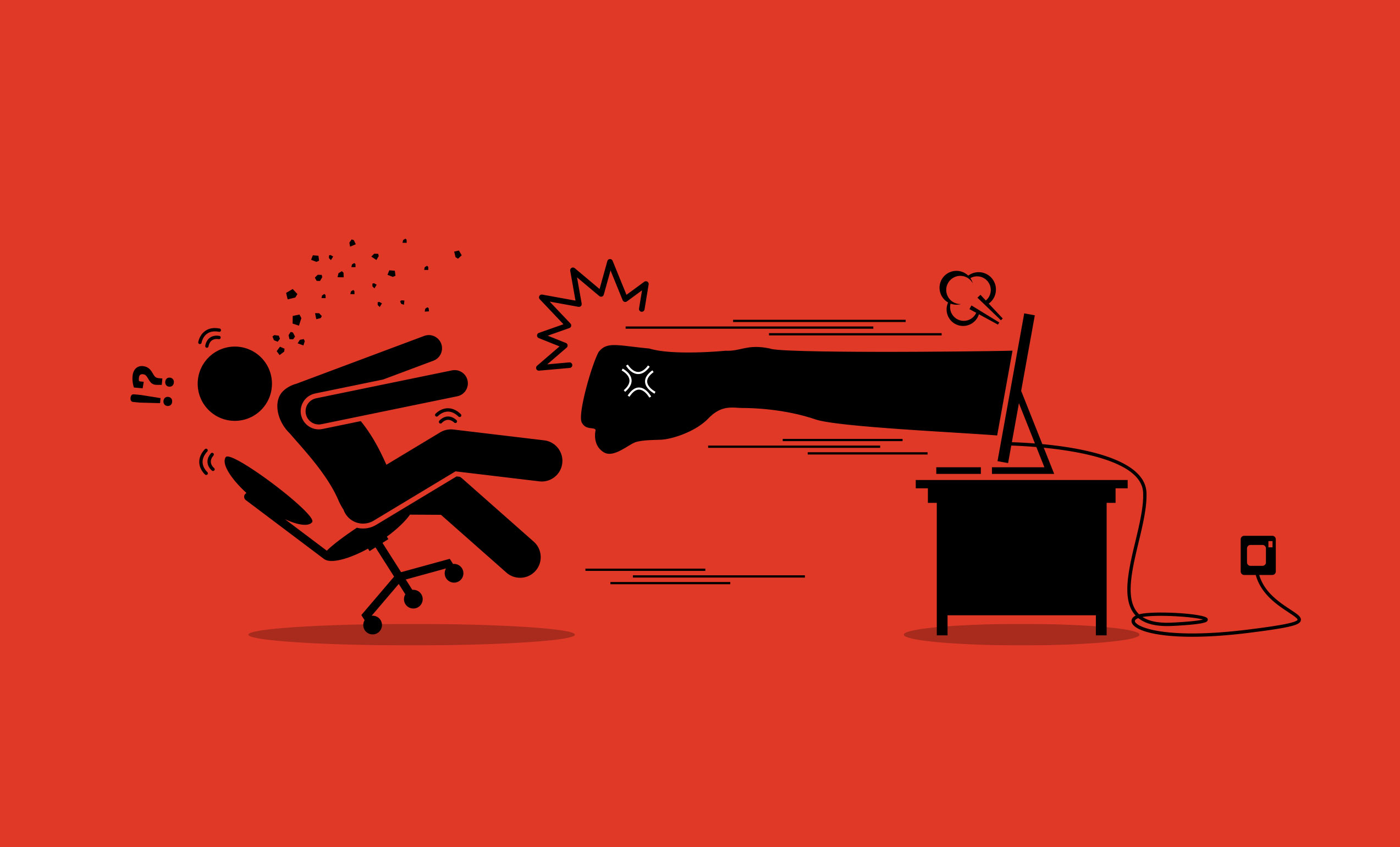In part one we explained how the Great Facebook Blackout of 2021 severely impacted companies, countries, and communities around the world. As well as how Facebook is being accused of putting people above profit according to Frances Haugen, one of two Facebook Whistleblowers.
On a global scale, social media is many things to many people. It’s a place to gather and share information and ideas as well as a vehicle to connect with others. Social media has been an essential source of information during the COVID-19 pandemic which has also had some positive and negative effects.
Scientists are just beginning to understand the role of social media on our mental health. But it’s clear that these social platforms are having adverse effects on the way we see ourselves and the way we treat each other.
Violence and Misinformation
Frances Haugen told 60 Minutes ‘ When we live in an information environment that is full of angry, hateful, polarizing content – it erodes our civic trust, it erodes our faith in each other, it erodes our ability to want to care for each other, the version of Facebook that exists today is tearing our societies apart and causing ethnic violence around the world.”
‘Ethnic violence’ includes the 2018 genocide in Myanmar that their military used Facebook to plan. Facebook admits it was used to ‘incite offline violence’ in Myanmar but won’t share the content it took down and preserved. Thereby refusing to help Gambia with their Myanmar genocide investigation. In September 2021 a U.S. federal judge ordered Facebook to release the preserved records connected to anti-Rohingya violence in Myanmar.
Haugen left Facebook in May after realizing it was allowing hate and misinformation to spread. She secretly copied thousands of pages of internal documents before she left. According to these documents, Facebook knowingly “took action on” as little as 3-5% of hate speech and less than 1% of violent speech on the platform. Haugen told 60 Minutes “Facebook has realized that if they change the algorithm to be safer, people will spend less time on the site, they’ll click on fewer ads, they’ll make less money.”
Haugen was a member of Facebook’s Civic Integrity team which was created to help protect elections. Immediately after the 2020 election, Facebook decided to dissolve the team. Which Haugen believes helped to encourage the January 6th U.S. Capitol riots. Federal investigators and prosecutors claim that many used Facebook to openly organize the insurrection. With the help of the public and social media 691 people have been charged in the Capitol insurrection so far.
Zoomed Out
Suicide is the second leading cause of death in 15–29-year-olds. The internal studies retrieved by Haugen revealed that Facebook found 13.5% of teen girls say Instagram makes thoughts of suicide worse, and 17% of teen girls say Instagram makes eating disorders worse. On September 14, 2021, TikTok announced new features for its users to help provide resources for suicide prevention. But other social platforms are equally culpable.
Zoom grew by almost 2,000% in the first four months of 2020 as we adjusted to our new virtual realities of remote work and school. Dressing from the waist up quickly became one of the highlights of life. However, we quickly started to see how staring at your face for hours can result in a distorted self-image. Zoom dysmorphia refers to a type of body dysmorphic disorder (BDD) known as facial dysmorphia. People may experience anxiety before and during video calls, perceive facial flaws, and believe that others are monitoring those flaws.
South Korea is the plastic surgery capital of the world partly due to their belief that external attractiveness increases the potential for employment. Many employers do require applicants to include photographs, some even ask potential employees to disclose their height and weight. Which are contributing factors to why filtered photos and plastic surgery are so popular. In 2017 our Brand Storyteller Megan Indoe needed to get a passport photo taken while living in South Korea and was surprised by the changes made to her face.
Filters and photo-editing apps have a dramatic impact on our self-image. Not only are there Zoom filters now but there are also ways to use Snapchat filters on Zoom. But can bad lighting or bed hair really prevent someone from getting a raise, receiving a promotion, or even landing the job? Will Zoom dysmorphia lead the U.S. down a path similar to that of South Korea?
Dr. Shadi Kourosh, assistant professor of dermatology at Harvard Medical School and director of community health in the Department of Dermatology at Massachusetts General Hospital, surveyed other doctors about how prevalent Zoom dysmorphia is. Doctors who reported an increase in cosmetic consultations over the past year say more than 85% of their patients cited the concern of feeling like they “look terrible” on video calls as one of their reasons for seeking cosmetic services.Although Zoom dysmorphia isn’t a medical diagnosis it’s a critical concept. The virtualization of our lives will continue to impact us physically, mentally, and emotionally. This is why consistent analysis on both public and personal levels is vital.
Monitoring social media consumption personally and professionally is an easy way to help regulate its mental impact. Minimize the constant flow of information and misinformation along with the sometimes toxic, always edited content that can leave you feeling fearful or less than.
It’s also important to recognize that as a result of our virtual insanity, Zoom fatigue, and Zoom dysmorphia, we’re highly critical of ourselves and others.
As social media marketers, we continuously review and rework the ways in which we use social media platforms to promote our clients’ message because we understand the huge responsibility it and in turn we hold. Our goals focus not just on assuring a successful campaign or outreach for our clients, but also on making sure that our audience is walking away with a healthy, balanced, positive, and inspiring online experience. This includes everything from making sure the information that we share is accurate, but also that it is representative and inclusive of our society and communities as a whole and sensitive to the real-life problems and challenges being faced by the communities we serve and represent.
And we work to continuously learn and be informed of changes and trends, good or bad. We do this because we know that even our unconscious bias can impact the bottom line unless work is intentionally done to counteract it. This is a best practice we encourage others to take on for other agencies, brands, and the online community in general


